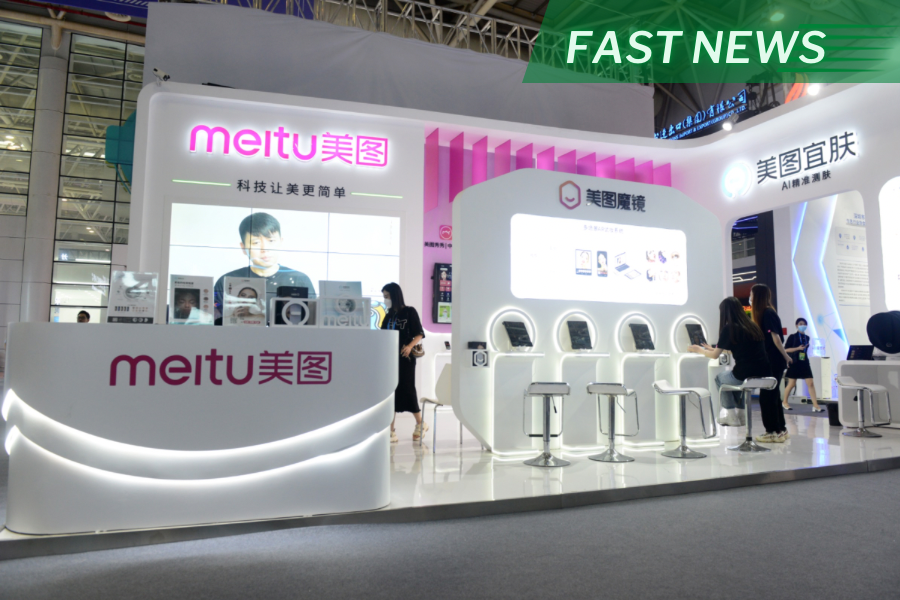FAST NEWS: Meitu Records First-Ever Profit Despite Huge Cryptocurrency Loss

The latest: Chinese beauty app Meitu Inc. (1357.HK) announced on Monday it expects to report a net profit of 85 million yuan to 130 million yuan ($12.4 million to $19 million) for 2022, marking its first-ever net profit on an annual basis.
Looking up: The company’s profit came mainly on the back of a fair value gain of between 485 million yuan and 565 million yuan for some of its financial assets, as well more than 50% revenue growth for its VIP subscription business.
Take Note: The company expects its investments in cryptocurrencies to record an impairment loss of 285 million yuan last year, a significant increase from 112 million yuan in the first half of last year.
Digging Deeper: Founded in 2008 and listed in Hong Kong in 2016, Meitu began as operator of a consumer-oriented beauty app for editing photos. It later started providing B2B services to businesses like cosmetic shops and photo studios. After years of losses, the company reported adjusted net profits in 2020 and 2021 not based on international financial reporting standards (IFRS), though its use of calculations for that basis were questioned by investors. The latest earnings forecast is the first time the company has reported an annual net profit on an IFRS basis, reflecting early success for its strategy of diversifying its product offerings.
Market Reaction: Meitu shares surged on Monday to close up 8% at HK$2.42 by the midday break. The stock now trades at the upper end of its 52-week range.
Translation by Jony Ho
To subscribe to Bamboo Works free weekly newsletter, click here






